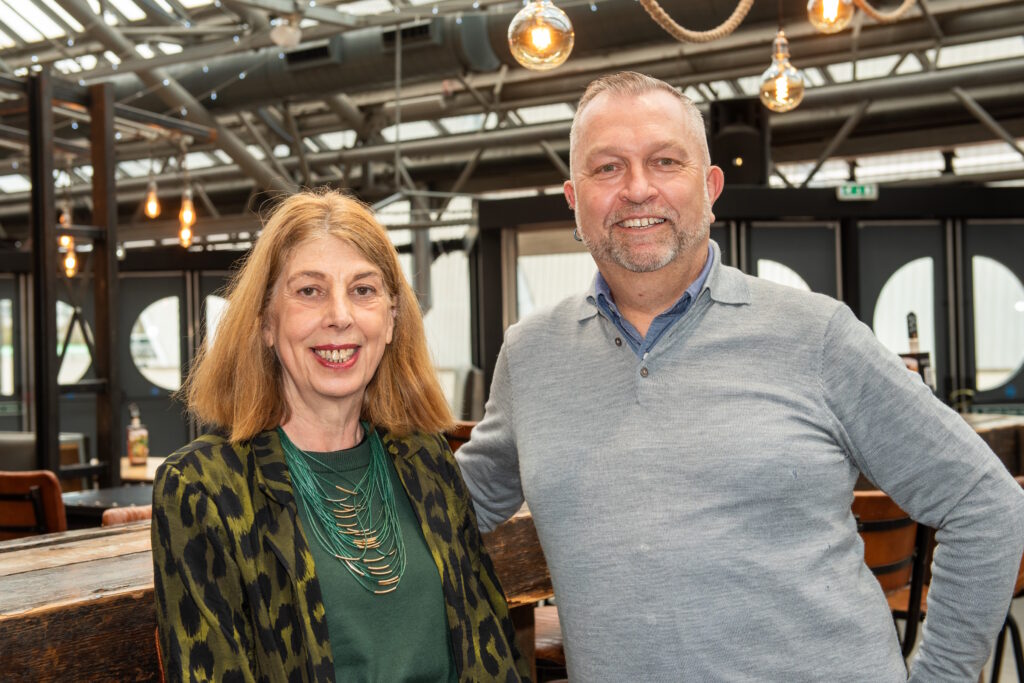26 March 2025

As we were packing our suitcases (and our buckets and spades) to head to this year’s UKSG Conference in sunny Brighton, we took some time to look back over the articles we have recently published in Insights and are proud to say that we have continued to cover a wide range of topics across the scholarly publishing environment.
As scholarly publishing moves forward and evolves into a more open model, inevitably, open access remains a key focus for Insights. We maintain a watch on open science, open research and developing business models. Recently, we brought you Rita Pinhasi and Brigitte Kromp’s article, ‘Preparing institutions for the transition: consortial cost-sharing models in transformative agreements in Austria’ which looked at how the financial costs of transitional journal agreements can be met at a country level. Ashley Farley’s article, ‘A decade of open access policy at the Gates Foundation based on experimentation, evidence and evolution’ took a look at how one organisation’s approach to open access has evolved over a number of years, while Tom Grady, Elaine Sykes and Martin Paul Eve looked forward to ‘How can we achieve sustainable funding for open access books?’.
At a practical level, Jason Partridge examined how one historic institution’s approach to ‘Automating the collecting of full text research articles and descriptive metadata to the Oxford University Research Archive (ORA)’.
However, we have not taken open access as our sole theme across our recently published articles, but have also looked at a range of topics, including the scholarly publication process itself. One of our most recent articles, Ridha Horchani’s ‘Impact of institutional affiliation bias in the peer review process’, questioned the robustness and fairness of the current peer review process.
Looking more widely at how the world of scholarly publishing is changing, we brought you Ronald Snijder’s, ‘Thema and world needs: exploring bibliodiversity through open access book subjects’.
Alongside this, we also brought you a global perspective in the shape of Esteban Giraldo-González, Elea Giménez-Toledo and Juan Felipe Córdoba-Restrepo’s article, ‘What is an academic book publisher?’ which looked at how we define them, from a distinctly Ibero-American perspective. And, from a UK perspective, Rob Johnson and Elle Malcolmson’s fascinating article ‘You don’t know what you’ve got till it’s gone’ looked at the changing landscape of UK learned society publishing.
Our most recent publication is an investigation of Canadian challenges to bibliodiversity by Jaclyn McLean and Ian Gibson. Over the coming weeks, we look forward to bringing you a fascinating array of articles, including taking a look at the barriers and benefits of transitioning to an equitable open access model, with a specific focus on LIS journals, in the company of Teresa Schultz, Rachel Borchardt and DeDe Dawson.
We will, of course, continue our exploration of other aspects of open access publishing. Pierre Mounier and Johan Rooryck will be investigating diamond OA publishing in Europe with the European Diamond Capacity Hub (EDCH), and we continue our exploration of how open access can provide huge benefits in areas of the world affected by conflict. Olena Zimba, Katrine Sundsbø, Natalia Kaliuzhna and Iemima Ploscanu will bring us a case study of DOAJ and Ukrainian journals, written with the current conflict very much in mind.
Of particular interest to those working in academic libraries, Chelsea Humphries will be taking a look at how TikTok and other video content can be used to increase engagement between academic librarians, libraries and students.
And, as we all seek a more sustainable scholarly publishing model, Alicia Wise and colleagues will present work that they have done to look for a new global fair pricing framework for academic publishing.
There’s a huge amount to look forward to over the coming weeks, so make sure you sign up for alerts so that you don’t miss out on new articles as they are published. And don’t forget that you could be the author of one of those future articles! If you have a great idea, a new project or piece of research, put it in writing and submit to Insights for possible publication. We’re always looking for new and stimulating articles, so why not make yours one of them!
